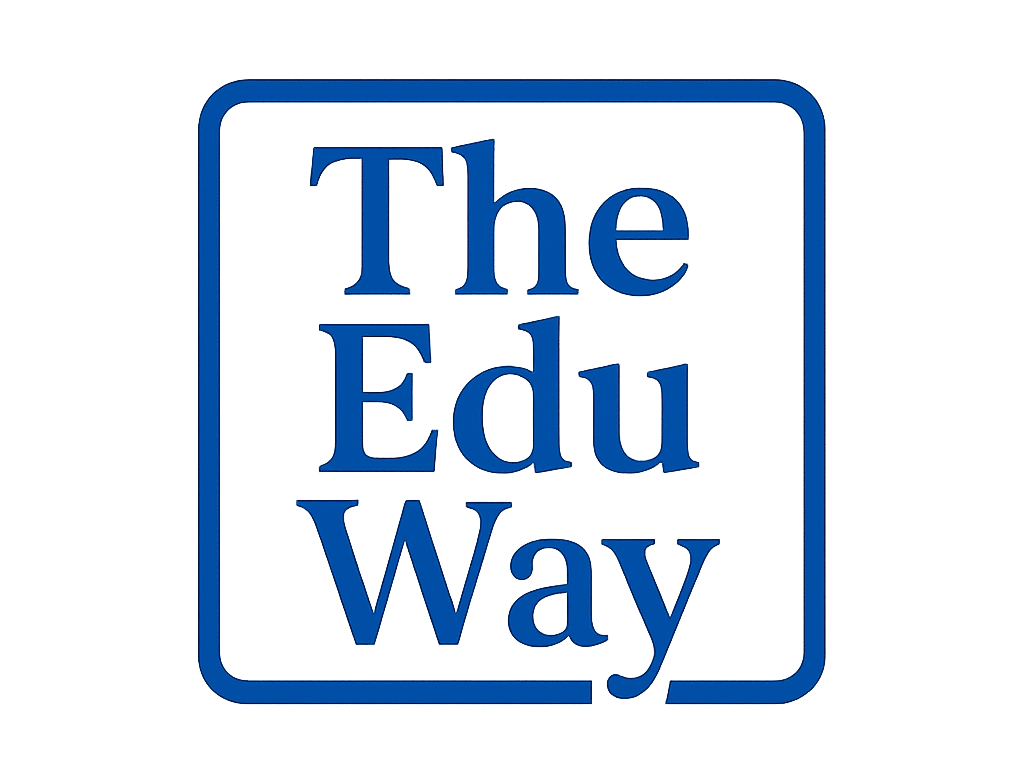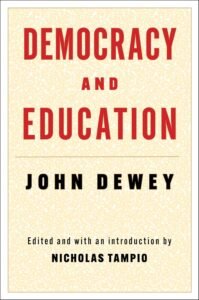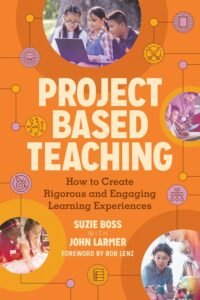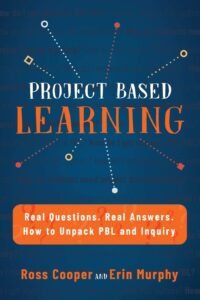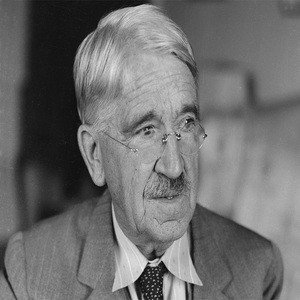
« Education is not preparation for life; education is life itself. »
John Dewey (Project-Based Learning)
John Dewey – Project-Based Learning (PBL)
Biography:
John Dewey (1859–1952) was an American philosopher, psychologist, and educational reformer. He is considered one of the fathers of progressive education. Dewey championed learning by doing and believed education should prepare students for active participation in a democratic society. His ideas underpin modern Project-Based Learning approaches.
Key Book:
📘 Democracy and Education (1916) – Dewey outlines his vision of education as a social process and argues for experiential learning, critical thinking, and problem-solving as central to education.
Disclosure: As an Amazon Associate, we earn from qualifying purchases.
Project-Based Learning (PBL)
PBL is an instructional method where students actively explore real-world problems and challenges over extended periods. It emphasizes collaboration, critical thinking, and the application of knowledge to practical situations.
Core Principles:
Learning through real-life, relevant projects
Student collaboration and active participation
Development of problem-solving and critical thinking
Integration of multiple subjects into a single project
More Books About
Project Based Teaching: How to Create Rigorous and Engaging Learning Experiences – Suzie Boss, John Larmer
→ A step-by-step guide for educators on designing project-based learning experiences that build critical thinking, collaboration, and real-world problem-solving skills.

Disclosure: As an Amazon Associate, we earn from qualifying purchases.
Project Based Learning: Real Questions. Real Answers. How to Unpack PBL and Inquiry
→ A practical, teacher-friendly guide that addresses the most common questions about project-based learning, offering clear strategies for fostering inquiry, creativity, and student ownership of learning.
Disclosure: As an Amazon Associate, we earn from qualifying purchases.
